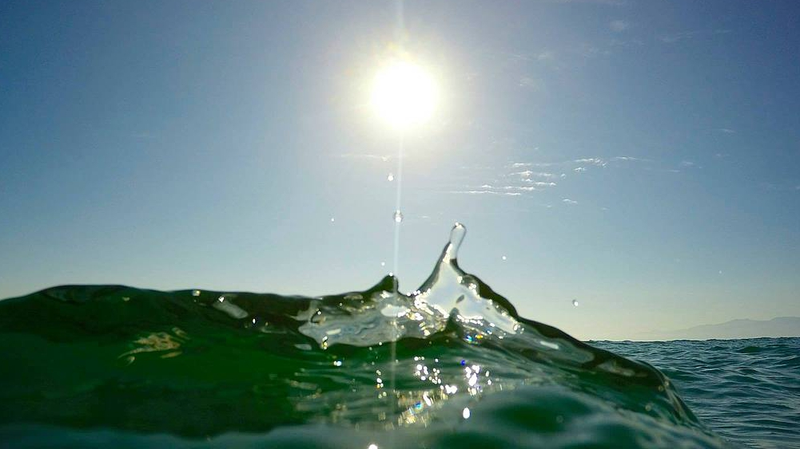A groundbreaking study reveals that extreme heat events on our oceans have more than tripled since the 1940s, a trend driven by global warming. In the 1940s, the world’s seas experienced about 15 days per year of unusually high surface temperatures. Today, that figure has surged to nearly 50 days, marking a dramatic rise in the frequency of marine heat waves.
The research, published in Proceedings of the National Academy of Sciences, credits global warming with nearly half of these increased occurrences. Extended periods of elevated sea temperatures threaten vital underwater ecosystems by damaging coral reefs, kelp forests, and seagrass meadows. Beyond the ocean depths, experts warn that these prolonged heat events might destabilize our atmosphere, potentially leading to more frequent and severe tropical storms.
Conducted by a team from leading institutions including the Mediterranean Institute for Advanced Studies, the University of Reading, the International Space Science Institute, and the University of the Balearic Islands, the study calls attention to the interconnected nature of our environment. For globally minded readers—ranging from digital citizens and tech enthusiasts to changemakers and adventurers—these findings serve as a critical reminder of how shifts in our planet’s climate impact both natural ecosystems and human society.
Reference(s):
Extreme marine heat waves tripled over past 80 years, study finds
cgtn.com




